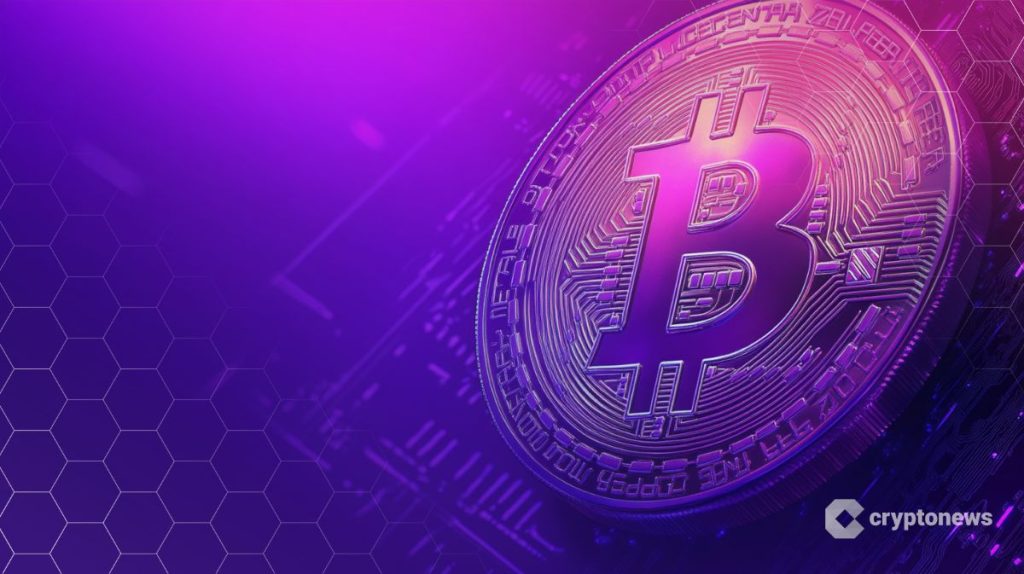
Japan is preparing to require crypto exchanges to hold dedicated reserves against customer losses, in a fresh attempt to shield investors from hacks and operational failures in one of the world’s most heavily regulated digital asset markets.
The Financial Services Agency plans legal changes that would require exchanges to create liability reserves to compensate users if platforms are hacked or suffer other incidents that lead to lost funds, Nikkei reported Tuesday.
The FSA aims to submit a bill to parliament in 2026, extending a framework long used in traditional securities markets into crypto.
Japan already obliges exchanges to store customer coins primarily in cold wallets, which are kept offline and viewed as more secure.
Under the current regime, however, platforms that follow these custody rules do not need to set aside specific reserves to cover potential losses, leaving customers exposed if a breach or failure does occur.
Reserve Model Draws From Rules Long Used In Japan’s Securities Industry
The new system would mirror the reserve requirements imposed on securities companies, which must provision funds to cover losses tied to illegal or unfair practices such as erroneous orders.
Major Japanese brokers currently hold reserves of about 2b to 40b yen, or roughly $12.7m to $255m, with amounts linked to trading volumes and other risk factors.
Regulators plan to use those precedents, along with past crypto leak cases, to determine appropriate reserve levels for digital asset exchanges. To ease the strain on balance sheets, the FSA is also considering allowing platforms to meet part of their obligations through insurance, blending capital buffers with risk transfer to third parties.
Authorities want to tighten protections around insolvency as well as hacking. The proposed framework would reinforce rules that require customer assets to be segregated from a platform’s own funds and would make it easier for an independent administrator, such as a court-appointed lawyer, to return assets to users if management loses control or an exchange goes bankrupt.
Recent Mega-Hacks Renew Pressure On Japan To Toughen Exchange Safeguards
The push comes after a series of high-profile incidents. In May 2024, DMM Bitcoin reported that about 48.2b yen worth of Bitcoin had been stolen. In Feb. 2025, global exchange Bybit disclosed that hackers had taken roughly $1.46b in cryptocurrency.
These episodes have revived concerns in Tokyo that even with cold storage, large platforms remain attractive targets.
Other jurisdictions are moving in the same direction. The European Union requires crypto service providers to hold capital and use insurance to protect customer assets under its MiCA regime, while Hong Kong obliges licensed exchanges to secure loss compensation funds through insurance policies and deposits. Japan’s plan to formalize liability reserves would bring its safeguards closer to those models.
Traders Face Tighter Safety Rails And Higher Compliance Costs As The Market Matures
Domestic rules have been evolving alongside a shift in how policymakers view digital assets.
Japan initially expected cryptocurrencies to grow mainly as payment instruments and regulated them under the Payment Services Act. Their rising use as investment products has since sparked debate over migrating parts of the sector under the Financial Instruments and Exchange Act, which covers securities and derivatives and includes insider trading provisions.
According to the Asahi newspaper, Japan is preparing a broader reset of its crypto rulebook that would treat more tokens as financial products subject to insider trading laws and would lower taxes on profits to encourage regulated participation.
At the same time, Tokyo Stock Exchange operator Japan Exchange Group is weighing stricter use of backdoor listing rules and potential fresh audit requirements for listed companies that pivot into large digital asset treasuries, after heavy losses in recent hoarding waves raised investor protection concerns.
For crypto exchanges, the planned reserve mandate signals that Japan wants to keep the market open, but with safety rails that look increasingly similar to those in mainstream finance. For traders, it offers the prospect of stronger protections if things go wrong, at the cost of higher compliance demands that may reshape which platforms can afford to operate at scale.



